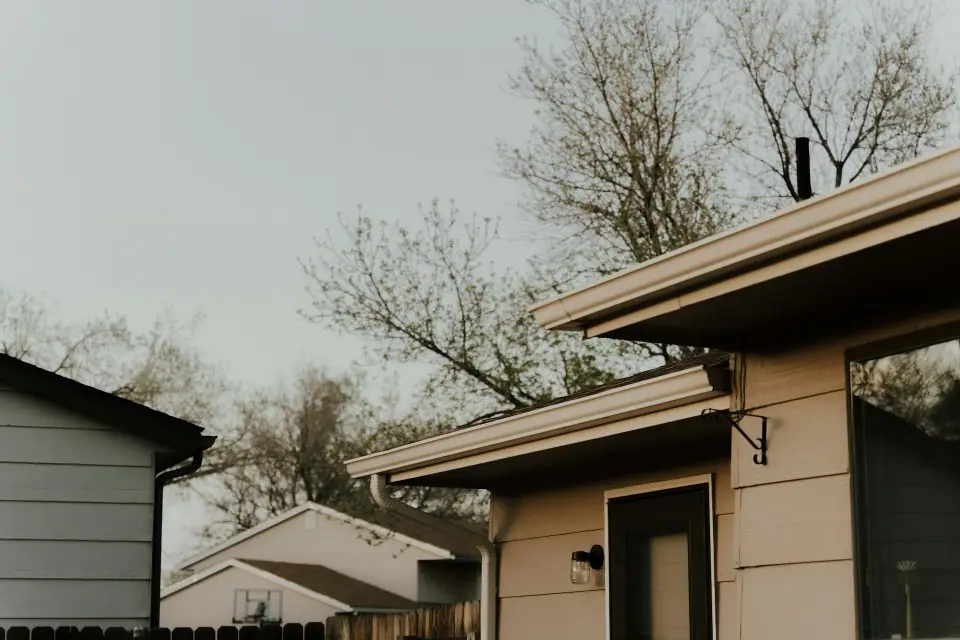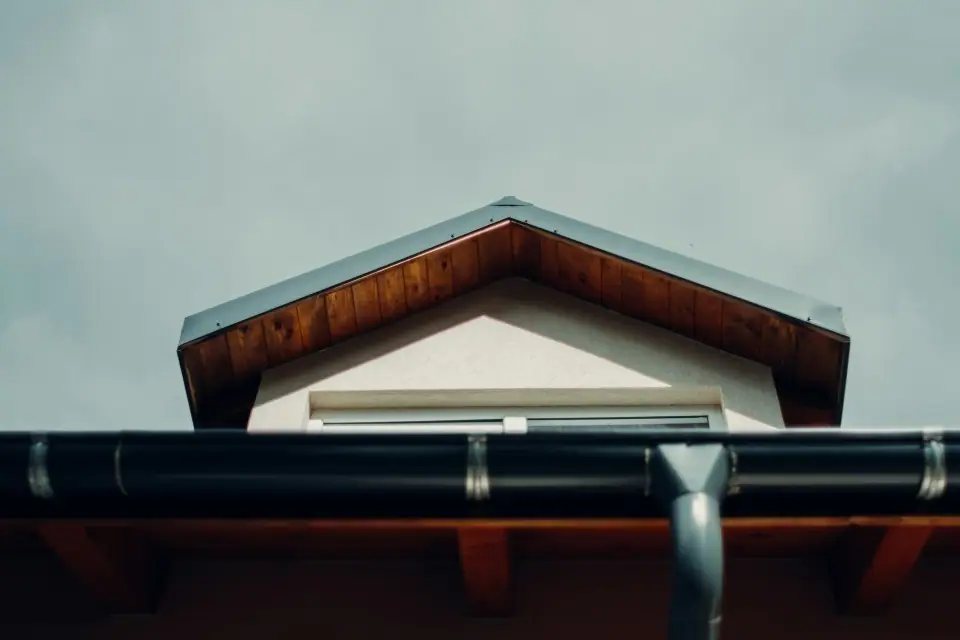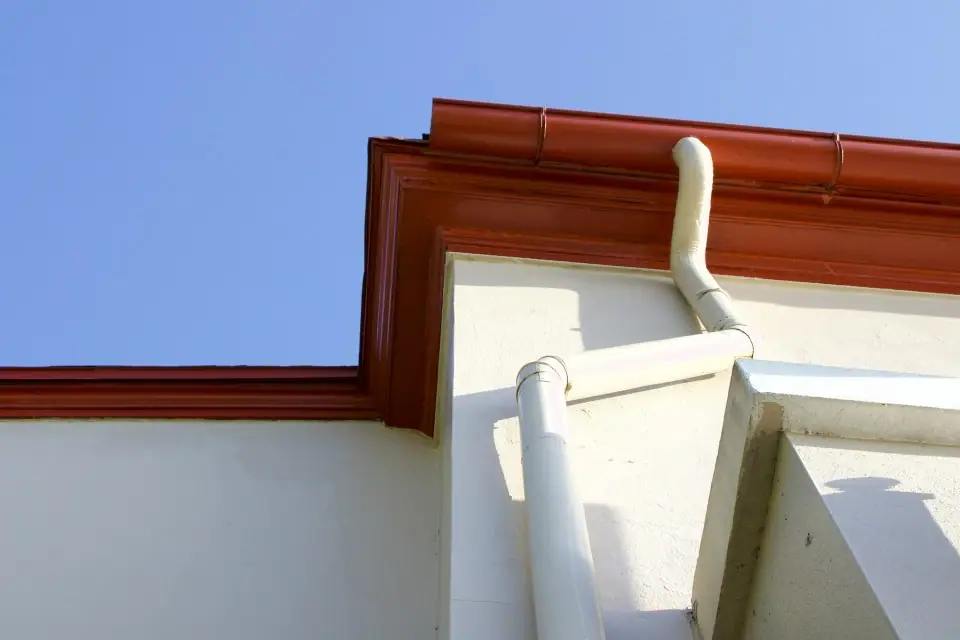If you’re considering starting a gutter business, you’re in the right place. Gutter installation and repair services are in constant demand, making it a potentially profitable venture. However, before diving in, it’s crucial to understand the costs involved in setting up and running a successful gutter business. In this article, we’ll break down the expenses and factors you need to consider when estimating the initial investment required.
Understanding the Basics
Before we delve into the costs associated with starting a gutter business, let’s briefly cover what the business entails. A gutter business primarily involves the installation, maintenance, and repair of gutters on residential and commercial properties. Gutters are essential for diverting rainwater away from buildings, preventing water damage, and ensuring proper drainage.
Initial Investment Costs
Starting a gutter business requires several upfront costs, including:
1. Equipment and Tools
To provide high-quality gutter services, you’ll need the right equipment and tools. This includes ladders, gutter machines, hand tools, safety gear, and vehicles for transportation. Depending on your specific needs and the scale of your business, this initial investment can range from $5,000 to $20,000 or more.
2. Licensing and Insurance
Before you can legally operate a gutter business, you’ll need to obtain the necessary licenses and insurance. The costs vary depending on your location and the specific requirements, but you should budget for at least a few thousand dollars to cover these expenses.
3. Marketing and Branding
To attract customers, you’ll need to invest in marketing and branding efforts. This includes creating a professional website, designing business cards and marketing materials, and potentially running online advertising campaigns. Budgeting at least $1,000 to $5,000 for initial marketing expenses is advisable.
4. Training and Certification
If you’re new to the gutter industry, you may need to undergo training and certification to ensure you have the necessary skills and knowledge. Training programs and certifications can cost between $500 and $2,000.
5. Working Capital
It’s essential to have some working capital to cover operational expenses as you start your gutter business. This includes funds for employee salaries, office rent (if applicable), utilities, and other day-to-day costs. A minimum working capital of $5,000 to $10,000 is recommended.

Ongoing Expenses
In addition to the initial investment, you should also consider the ongoing expenses associated with running a gutter business. These may include:
1. Materials and Supplies
You’ll need to purchase gutters, downspouts, hangers, and other materials for your projects. The cost of materials can vary depending on the type of gutters you offer and the scale of your business.
2. Labor Costs
If you hire employees or subcontractors, you’ll need to budget for their salaries or fees. Labor costs will depend on the number of projects you undertake and the complexity of the work.
3. Vehicle Maintenance
Maintaining your work vehicles is crucial to ensure you can reach job sites and transport equipment. Vehicle maintenance costs may include fuel, repairs, and insurance.
4. Marketing and Advertising
To continue attracting new clients and growing your business, ongoing marketing and advertising expenses are necessary. These may include website maintenance, social media advertising, and print materials.
5. Insurance Premiums
You’ll need to maintain insurance coverage to protect your business from liability and property damage claims. Insurance premiums will be an ongoing expense.

Frequently Asked Questions
Do I need any specific qualifications or experience to start a gutter business? While there are no strict qualifications, having experience in construction, home improvement, or a related field is beneficial. Many successful gutter professionals also seek training and certifications to enhance their skills.
How can I estimate the potential earnings of a gutter business? The earnings of your gutter business will depend on various factors, including your location, the number of clients, and the quality of your work. On average, established gutter businesses can earn between $50,000 and $100,000 annually.
What are the biggest challenges of running a gutter business? Gutter businesses face challenges such as seasonal variations in demand, competition, and the physical demands of the job. Managing your schedule and ensuring customer satisfaction can be demanding but are crucial for success.
How can I attract customers to my gutter business? Effective marketing strategies, excellent customer service, and building a strong online presence through a professional website and social media can help attract customers. Networking with contractors and property managers can also be valuable.
Conclusion
Starting a gutter business can be a lucrative venture, but it requires careful planning and financial consideration. The initial investment costs for equipment, licensing, and marketing can add up, and ongoing expenses such as materials, labor, and vehicle maintenance must be factored into your budget.
To succeed in the competitive gutter industry, it’s essential to offer high-quality services, maintain excellent customer relations, and stay updated with the latest industry trends. By understanding the costs involved and being prepared for the financial aspects of your business, you can embark on your gutter business journey with confidence. Remember that while the initial investment is significant, the potential for long-term profitability and success is within reach for those willing to put in the effort and dedication required.

